
Women's Constipation - Before & During Menstruation
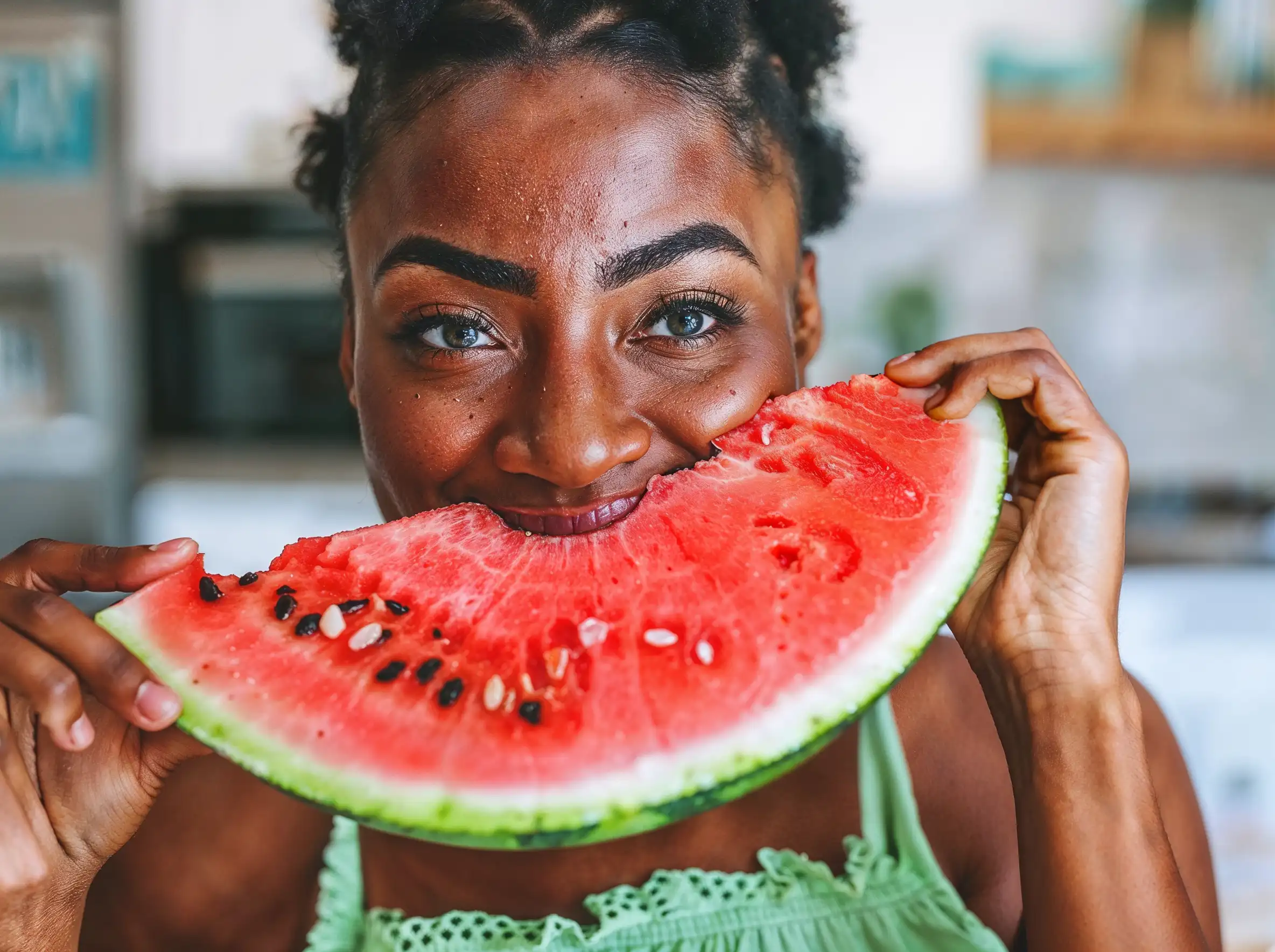
Constipation before a period – and perhaps even more so during it – can make an uncomfortable point in the month even more disruptive. For many women, having a period comes with added difficulty and discomfort, so adding constipation to this already difficult time really is the last thing you need.3
Constipation is generally defined as having fewer than three bowels in a week and might be accompanied by dry, painful, lumpy, and hard stools. However, this might vary from person to person.1A
It’s common for women to experience changes in their bowel function during their periods.2A In this article, we explain why constipation on the onset of your period and constipation during your period happen, and how to reduce your risk of uncomfortable toilet trips
Should You Be Worried About Constipation Before or During Menstruation?
While it can cause discomfort and even become quite painful, constipation before your period, or during it, is completely natural and often very manageable.3A
Some gastrointestinal trouble during your period is almost inevitable due to hormonal changes.2C Knowing the causes might help you feel less concerned about your bathroom trips.
Why It Happens
Why do your period and pre-period bowel movements feel stuck? Well, there are several reasons for that, including:

Hormonal Changes
For otherwise healthy women, it all comes down to hormonal changes – particularly progesterone.3B This hormone tells the walls of your uterus to grow and get thicker, preparing your body for the possible implantation of an egg.3C
Progesterone also has a relaxing effect on your gut, meaning the gut tends to relax a little, and doesn’t put in as much work as it normally does.4AThis is actually the same reason many women experience constipation during pregnancy, as the same hormone helps to get a woman’s body ready for delivery.4B
Pregnancy Constipation: Cause, Symptoms, Prevention, Treatment
Underlying Conditions
If you live with IBS, that already increases your constipation risk, you might find that a constipation spell usually lasting a few days, might go on for a couple of weeks.2F
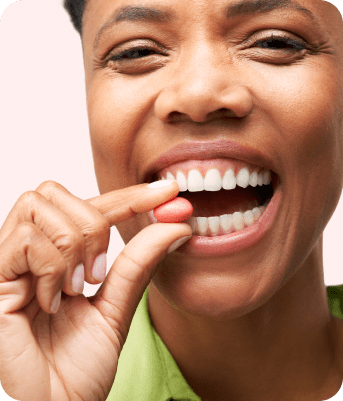
Which Dulcolax® is right for you?
Answer few questions about your poop routine and we'll suggest the right product for you.
How to Avoid Future Constipation Throughout Your Period?

Get Plenty of Fiber
There are two types of fiber – soluble and insoluble – and both can help your gut feel and work better.8A
Insoluble fiber makes your stool heavier, helping it move through your body smoothly.8B Soluble fiber becomes a gel that bulks out your stool, helping to support the overall health of your digestive system.8C, 8DHowever, soluble fiber is preferable.14
Eating a diet full of this dynamic duo of fiber might help to avoid constipation before a period.8E
High-fiber foods include:
- legumes, like beans, chickpeas, and lentils9A
- skin-on potatoes9B
- fruits like raspberries, pears, blackberries9C
- whole grains9D
It’s important not to pile on the fiber too quickly, as it can add to bloating, gas, and – most importantly for those experiencing period constipation – cramps.8F
Healthy Diet
Fiber isn’t the only thing to consider when trying to reduce constipation during menstruation. While the temptation might be to curl up with some comforting junk food, fatty foods like meat, cheese, and eggs can make constipation worse.1D
Drink More Water
Water plays a key role for a proper gut function, therefore an adequate fluid intake is needed as part of a healthy lifestyle.1E,15
De-Stress Whenever Possible
It’s easier said than done when your period is in full flux, but reducing the impact of stress can be an important way of lowering your risk for constipation as well.10A
Stress releases hormones that can mess with your bodily functions in several ways, including the digestive system. In short, because of this, increased stress levels can cause constipation.11A
Yoga and meditation are a couple of great ways to unwind and take a breath from a stressful or hectic lifestyle.12A Otherwise, you could try a long walk to get more active, hang out with friends, or even just rewatch your favorite movie. Whatever makes you smile, laugh, or feel generally better might help you de-stress and avoid constipation.12B
Exercise
Move. It’s as simple as that. While cramps and constipation might mean that exercise is the very last thing on your mind, getting active can help you prevent constipation in general, so naturally it can also help to avoid constipation before your period.13A
Physical activity as part of your lifestyle might increase your bowel movements, stimulate nerves, or help your digestive system release hormones that help you poop more easily.`13B
Don't Hold It In
If you’ve got to go, you’ve got to go. Listen to your body, and when you feel the urge to poop, poop.10B Don’t ignore nature’s call.10C
Relief Options
There are several options to help relieve your constipation. Laxatives can help relieve constipation. You can take an over-the- counter (OTC) laxative to loosen up your bowel movements by drawing water into them, or stimulating bowel movements.1F
Dulcolax brand have a full range of products available that may help, including stimulant laxatives, osmotic/saline laxatives, and stool softeners.
Dulcolax Stool softeners can, well, soften your stools, making them easier to pass.
Stimulant laxatives like Dulcolax Tablets and Suppositories (bisacodyl) can effectively make your bowels move and relieve constipation.1G
Saline laxatives like Dulcolax Chewy Fruit Bites, Dulcolax Kids Soft Chews, Dulcolax Soft Chews and Dulcolax Liquid work by drawing water into the intestines. This hydrates the stool and makes it easier to pass. Saline laxatives can also help increase the number of bowel movements.
Constipation, Stool and Bowel Movement: What Is The Connection?
Other Steps
You can also try:
When to Seek Further Help
Constipation during your period or constipation before your period are natural parts of life for many women.3F However, speak to a medical professional if you notice the following: 1N
- you’ve recently become aware that constipation is an issue around the time of your period
- there’s blood in your stool
- you’re noticing unintended weight loss
- you feel extreme pain whenever you try to poop
- you’ve had constipation symptoms for more than two weeks
- If you need to use a laxative for more than 1 week
* Works in 30 minutes to 6 hours
Disclaimer:
Partly generated by Gen AI
Sources
- Cleveland Clinic. Constipation. Page last reviewed: 7 November 2019. Available at: https://my.clevelandclinic.org/health/diseases/4059-constipation
- International Foundation for Gastrointestinal Disorders. Constipation and menstruation. Page last reviewed: N/A. Available at: https://aboutconstipation.org/signs-and-symptoms/causes/constipation-and-menstruation/
- Cleveland Clinic. Here’s the Deal with Period Poops. Page last reviewed: 29 October 2021. Available at: https://health.clevelandclinic.org/why-do-you-poop-more-on-your-period/
- Cleveland Clinic. Pregnancy constipation. Page last reviewed 19 October 2021. Available at: https://my.clevelandclinic.org/health/diseases/21895-pregnancy-constipation
- Ji-Eun Oh, Yong-Woon Kim, So-Young Park, Jong-Yeon Kim, The Korean Journal of Physiological Pharmacology. Estrogen Rather Than Progesterone Cause Constipation in Both Female and Male Mice. Page last reviewed: 17 October 2013.
- Marjoribanks J, Ayeleke RO, Farquhar C, Proctor M. Nonsteroidal anti-inflammatory drugs for dysmenorrhoea. Cochrane Database Syst Rev. 2015 Jul 30;2015(7):CD001751. doi: 10.1002/14651858.CD001751.pub3. PMID: 26224322; PMCID: PMC6953236.
- Sugerman DT. Constipation. JAMA. 2013;310(13):1416. doi:10.1001/jama.2013.278592
- Johns Hopkins Medicine. Foods for constipation. Page last reviewed: N/A. Available at: https://www.hopkinsmedicine.org/health/wellness-and-prevention/foods-for-constipation
- International Foundation for Gastrointestinal Disorders. Dietary fiber. Page last reviewed: N/A. Available at: https://iffgd.org/manage-your-health/diet-and-treatments/dietary-fiber/
- Mayo Clinic. Constipation. Page last reviewed: 31 August 2021. Available at: https://www.mayoclinic.org/diseases-conditions/constipation/symptoms-causes/syc-20354253
- The American Institute of Stress. How is stress linked with constipation? Page last reviewed: 14 November 2019. Available at: https://www.stress.org/how-is-stress-linked-with-constipation
- Mayo Clinic. Stress management. Page last reviewed: 18 March 2021. Available at: https://www.mayoclinic.org/healthy-lifestyle/stress- management/in-depth/stress-relievers/art-20047257
- Diabetes, Metabolic Syndrome and Obesity Tantawy SA, Kamel DM, Abdelbasset WK, Elgohary HM. Effects of a proposed physical activity and diet control to manage constipation in middle-aged obese women. Diabetes Metab Syndr Obes. 2017 Dec 14;10:513-519. doi: 10.2147/DMSO.S140250. PMID: 29276399; PMCID: PMC5734236.
- Bharucha AE, Lacy BE. Mechanisms, Evaluation, and Management of Chronic Constipation. Gastroenterology. 2020 Apr;158(5):1232-1249.e3. doi: 10.1053/j.gastro.2019.12.034. Epub 2020 Jan 13. PMID: 31945360; PMCID: PMC7573977.
- Arnaud MJ. Mild dehydration: a risk factor of constipation? Eur J Clin Nutr. 2003 Dec;57 Suppl 2:S88-95. doi: 10.1038/sj.ejcn.1601907. PMID: 14681719.
.webp%20(1).webp)

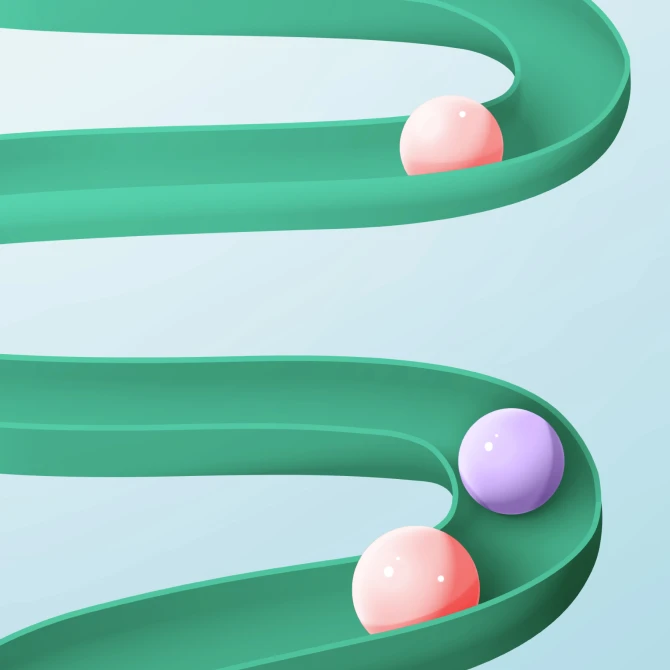
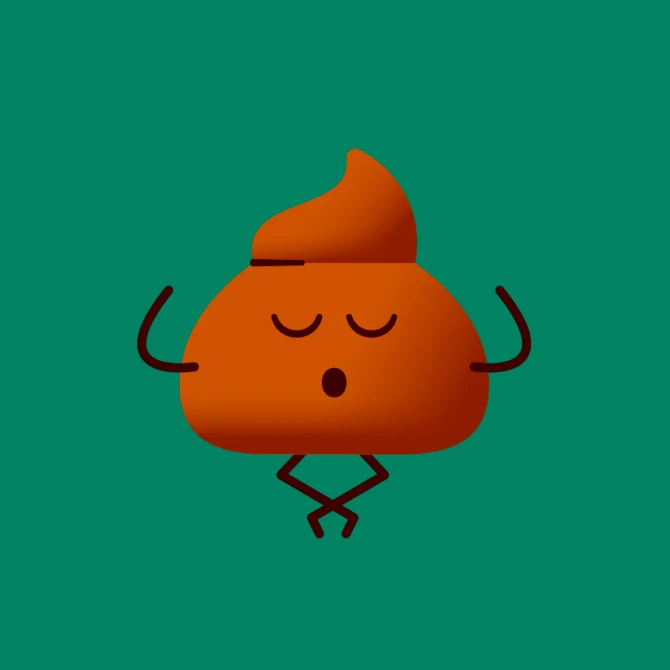
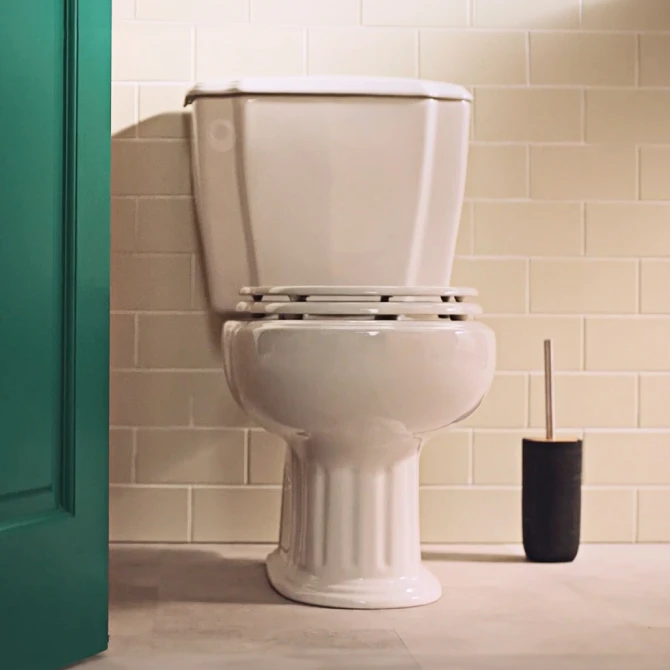

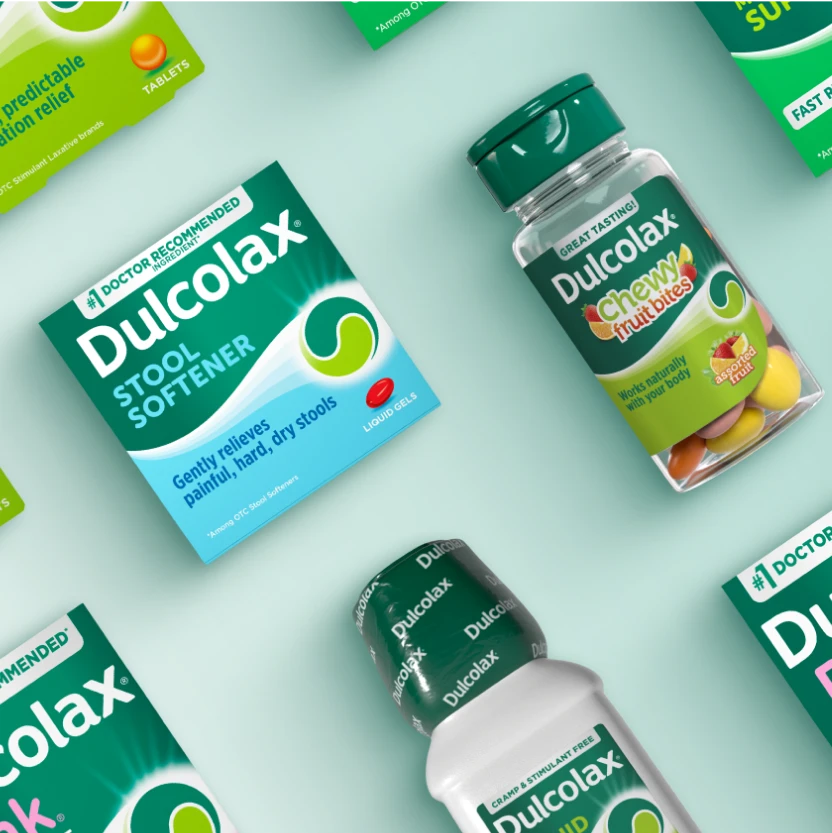

.webp)
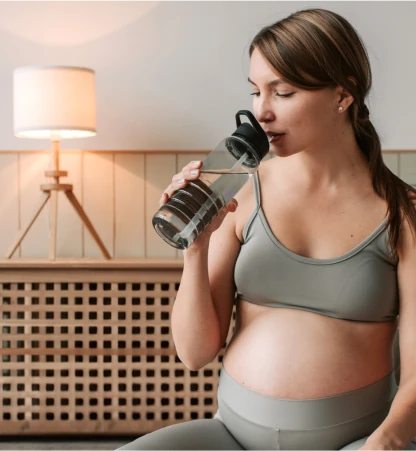
.webp)
.webp)


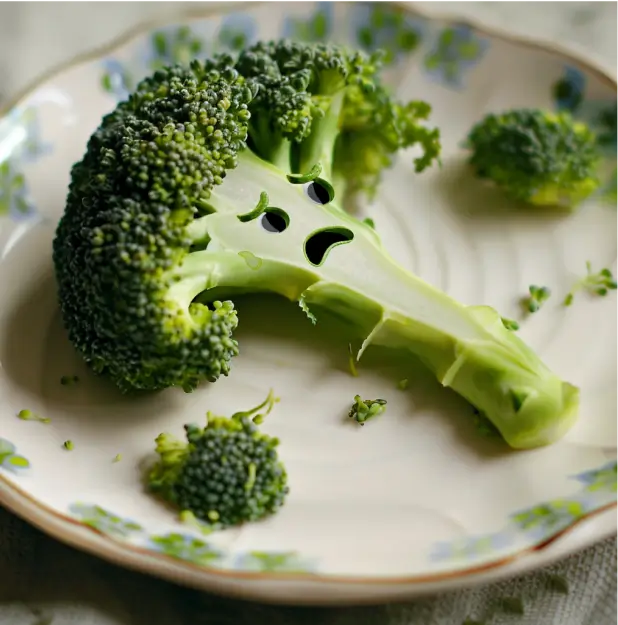
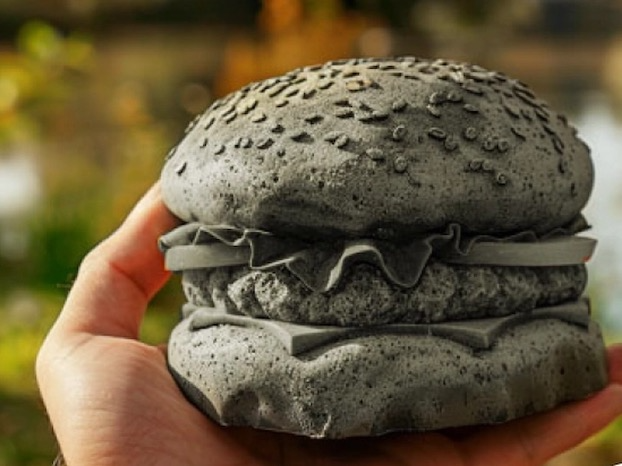

.webp)